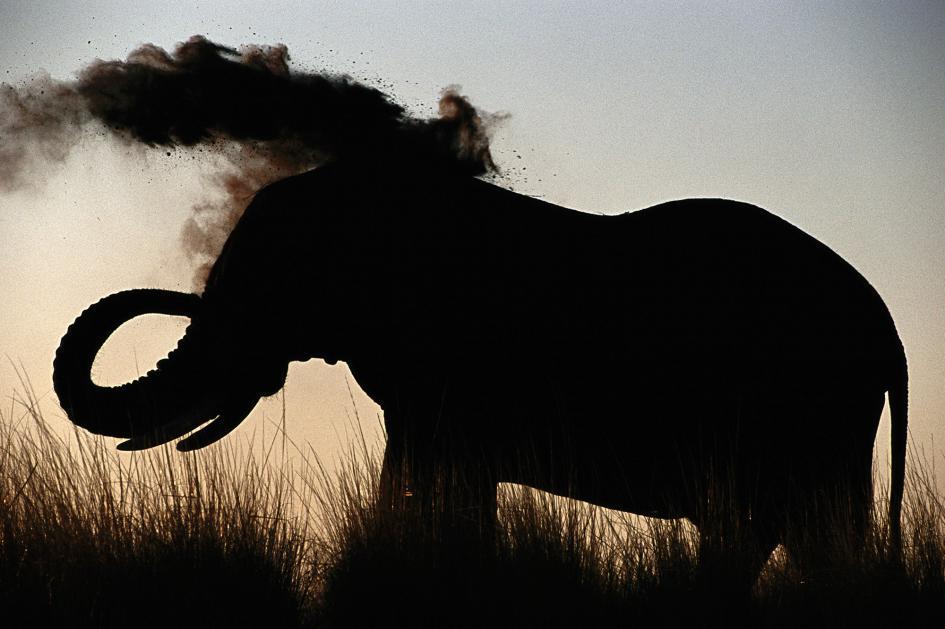Elephant poachers are a real threat, not only to the environment and wildlife, but to humans as well. Today, those greedy people (The Poachers) killed three rangers in Democratic Republic of Congo’s Garamba wildlife park and wounded two other people including the Swedish park manager, environmental officials said.
One of the rangers was found dead near the site of the Saturday attack, said African Parks, which manages the UNESCO world heritage site.
To Supply Ivory
In 2015, armed poachers killed three Congolese soldiers and five guards from the state wildlife authority in three separate incidents in Garamba.
Africa’s elephant population is estimated to have dwindled by 60 percent over the past decade, and around 30,000 elephants are poached each year largely to supply ivory to Asian countries, say campaigners.
Why Should We Save The Elephants?
According to Wildlife Trust, which is one of the most successful orphan-elephant rescue and rehabilitation program in the world and one of the pioneering conservation organisations for wildlife and habitat protection in East Africa, this is why we should save the elephants:
- If we don’t act now this iconic species could be extinct from the wild by 2025.
- In some countries of Africa including Sierra Leone and Senegal, elephants have already been driven to extinction.
- Communities across Africa are dependent on elephants for an income through tourism. Saving the elephants also means preventing poverty, sustaining livelihoods and promoting sustainable tourism.
- Elephants are a keystone species. Other animals, plants and entire ecosystems rely on them for survival.
- ‘As go the elephants, so do the trees.’ Elephants are known as ‘nature’s gardeners’, plants and trees rely on elephants to disperse their seeds far and wide through their dung.
- Elephant’s large footprints act as water collectors for smaller animals.
- By uprooting trees to feed, they control the tree population leaving grasses to thrive and sustain animals such as wildebeests and zebras.
- Elephants share the same emotions and cognitive behavior as humans. They grieve for their lost loved ones, they feel fear, joy and empathy and are highly praised for their intelligence.
KAZA Initiative
The National Geographic reports that the The Kavango-Zambezi Transfrontier Conservation Area, or what is known as the “KAZA” Initiative, traddles Angola, Zambia, Namibia, Botswana, and Zimbabwe and was believed to hold as many as 250,000 elephants.
It adds that “the latest statistics from the Great Elephant Census, an ambitious elephant-counting project led by Microsoft co-founder Paul G. Allen’s private company, Vulcan, paints a grim picture in KAZA’s Zambian portion”.
“The Kwando area of southwestern Zambia is experiencing the worst poaching of any major savanna elephant population,” said Mike Chase, the coordinator of the project.
For the past two years, the Great Elephant Census has flown surveyscovering 285,000 miles (460,000 kilometers) across 20 African countries in a first ever effort to reliably count 90 percent of savanna elephants, which many scientists consider a separate species from West Africa’s forest elephants.
So, why don’t we save this “sensitive” animal from human cruelty?











